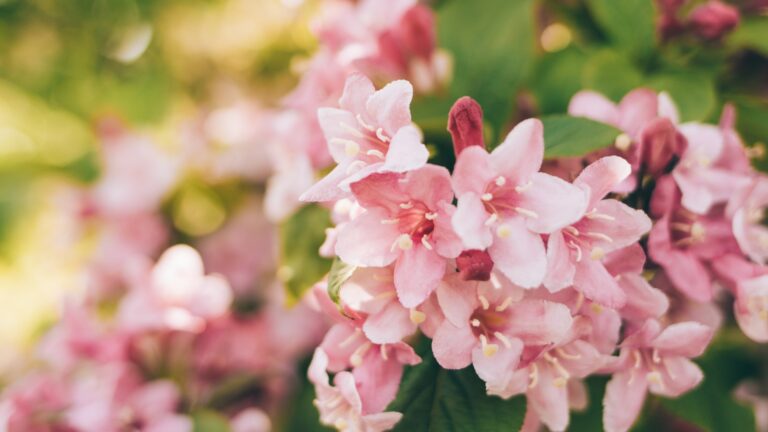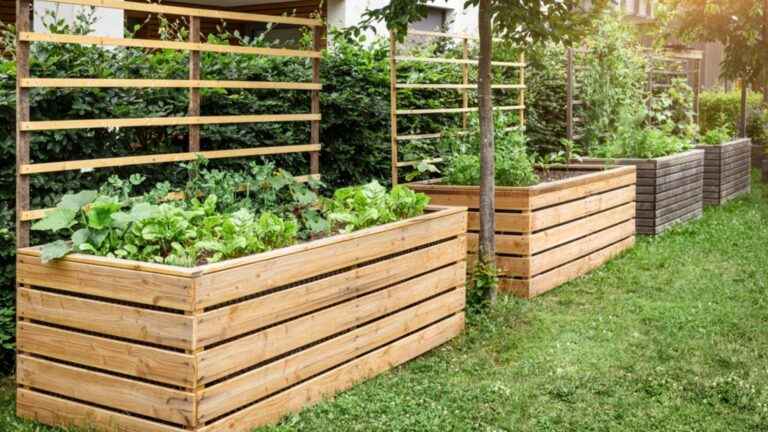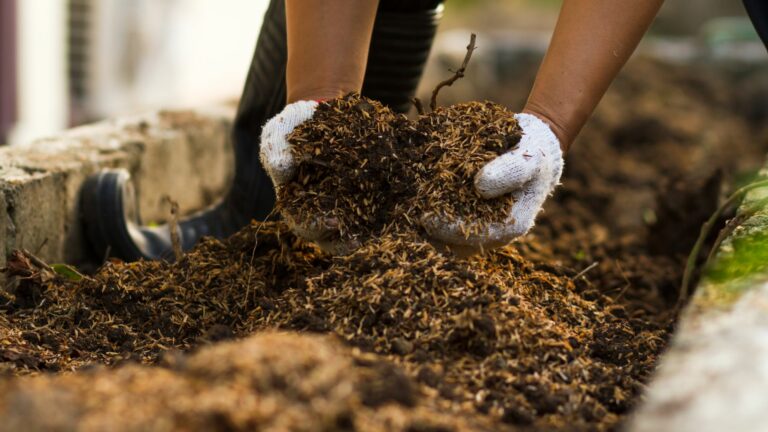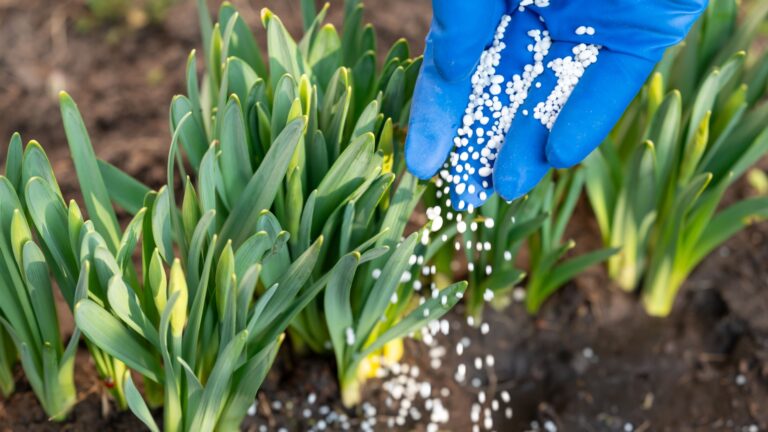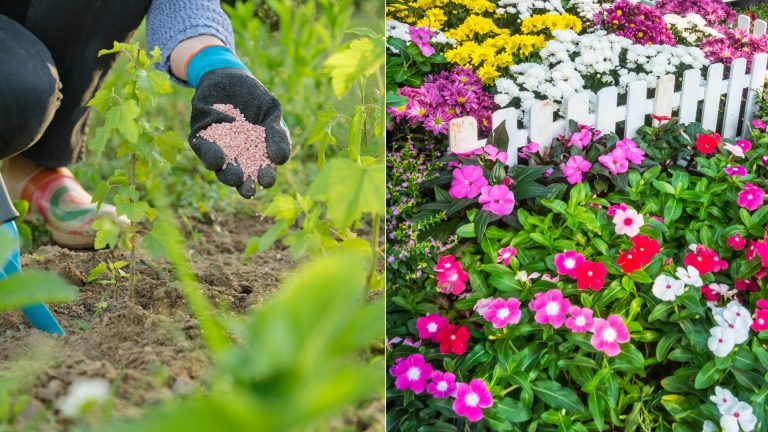The Best Types Of Mulch To Prevent Weeds In Your Tennessee Garden
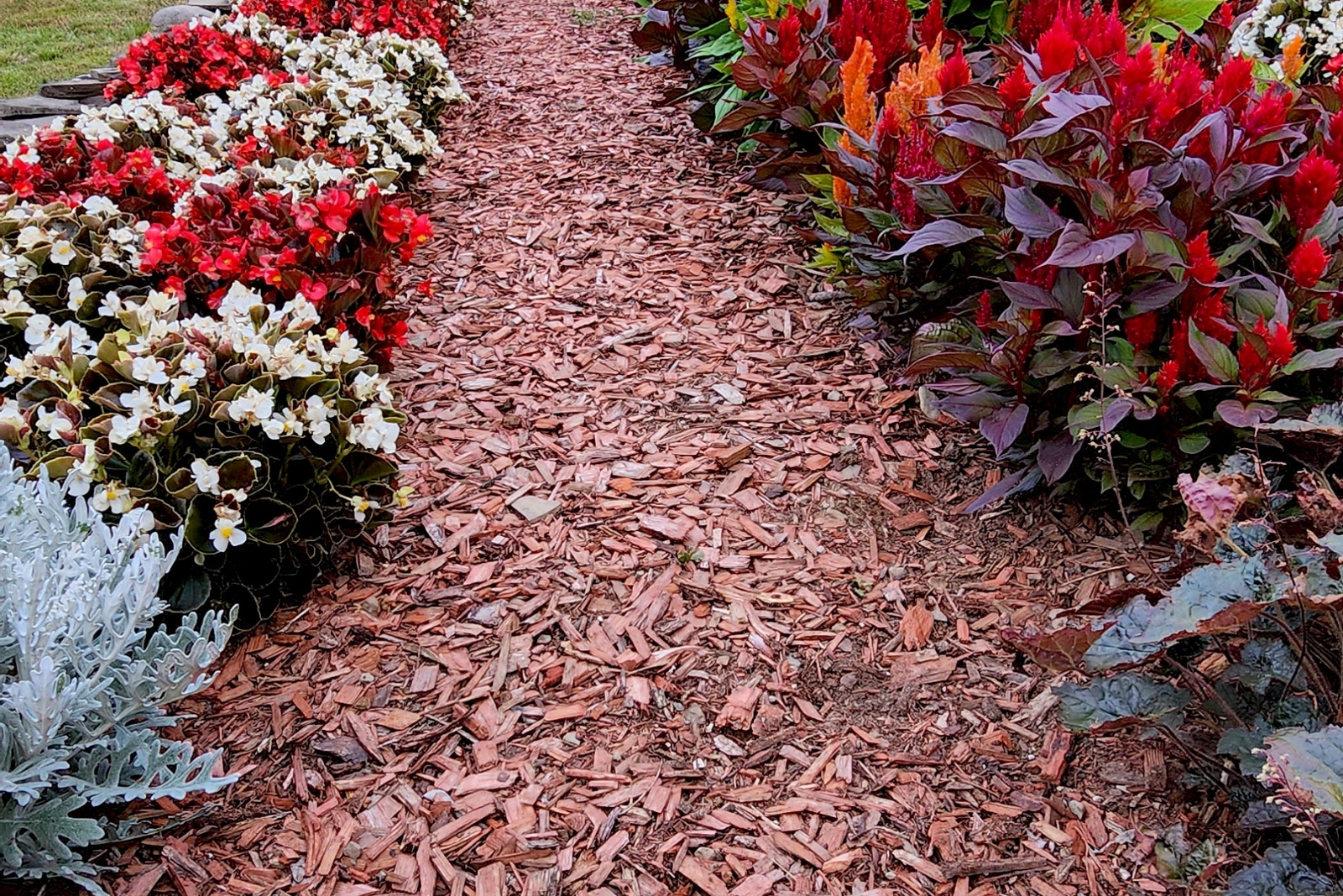
Keeping weeds at bay is a constant battle for Tennessee gardeners. Our warm, humid climate creates perfect conditions for unwanted plants to thrive alongside our beloved flowers and vegetables.
Mulch serves as your garden’s protective shield, blocking sunlight from reaching weed seeds while conserving moisture and adding nutrients to your soil.
1. Pine Bark Nuggets
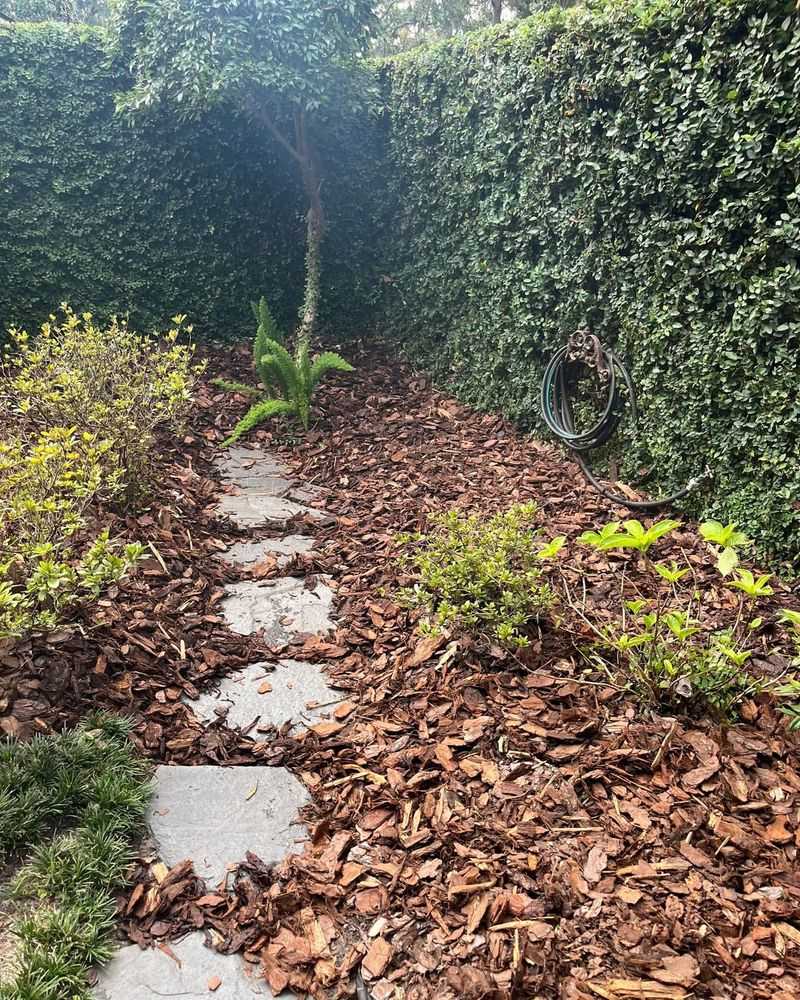
Chunky pine bark nuggets create a fortress against persistent Tennessee weeds. The large pieces interlock to form a barrier that’s tough for weeds to penetrate, while still allowing water to reach your plants’ roots.
These nuggets break down slowly, meaning you won’t need to replace them as often as finer mulches. Their natural reddish-brown color adds a polished look to garden beds while their acidity works wonders for azaleas, rhododendrons, and blueberries that thrive in Tennessee’s soils.
2. Cedar Mulch
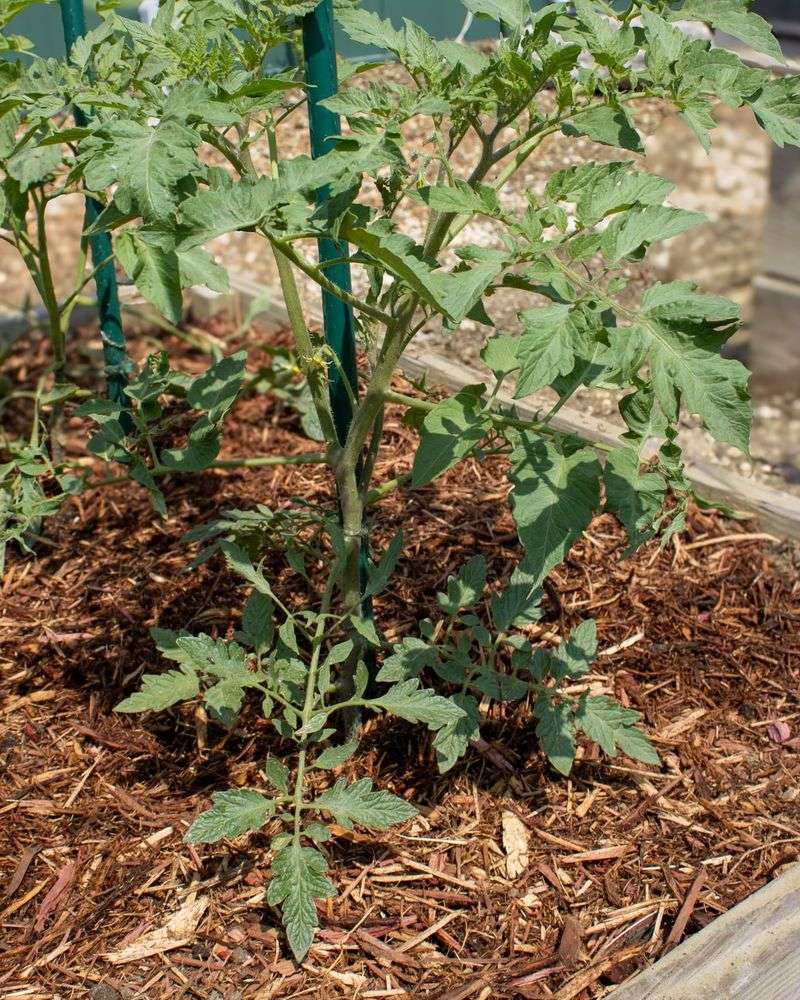
The natural oils in cedar mulch do double duty in your Tennessee garden. Not only do they smell heavenly after a summer rain, but they also naturally repel insects like termites, ants, and even ticks – a real bonus during our bug-heavy seasons!
Cedar breaks down slowly, lasting up to two years before needing replacement. As it decomposes, it releases compounds that actually prevent weed seeds from germinating, making it one of the most effective natural weed barriers you can choose for your Tennessee landscape.
3. Hardwood Mulch
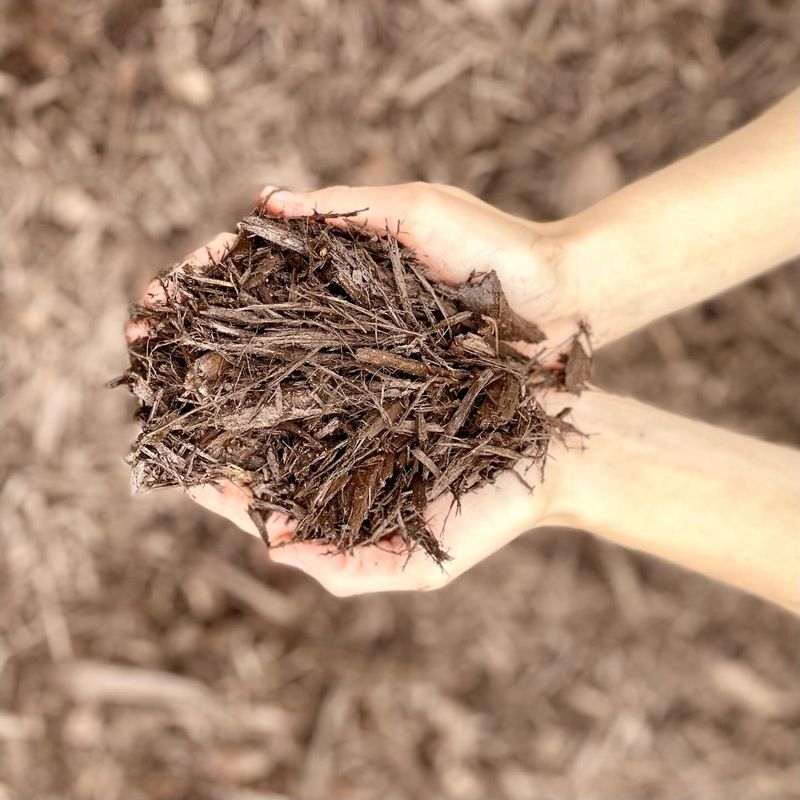
Made from local Tennessee trees, hardwood mulch feels right at home in our gardens. The dark, rich color creates a stunning backdrop that makes flowers pop while effectively smothering existing weeds.
Hardwood mulch forms a matted layer as it settles, creating an excellent barrier against light-seeking weed seeds. A bonus for Tennessee gardeners: this mulch improves soil structure as it decomposes, adding valuable organic matter to our sometimes clay-heavy soils. For best weed prevention, apply a thick 3-inch layer in spring.
4. Pine Straw
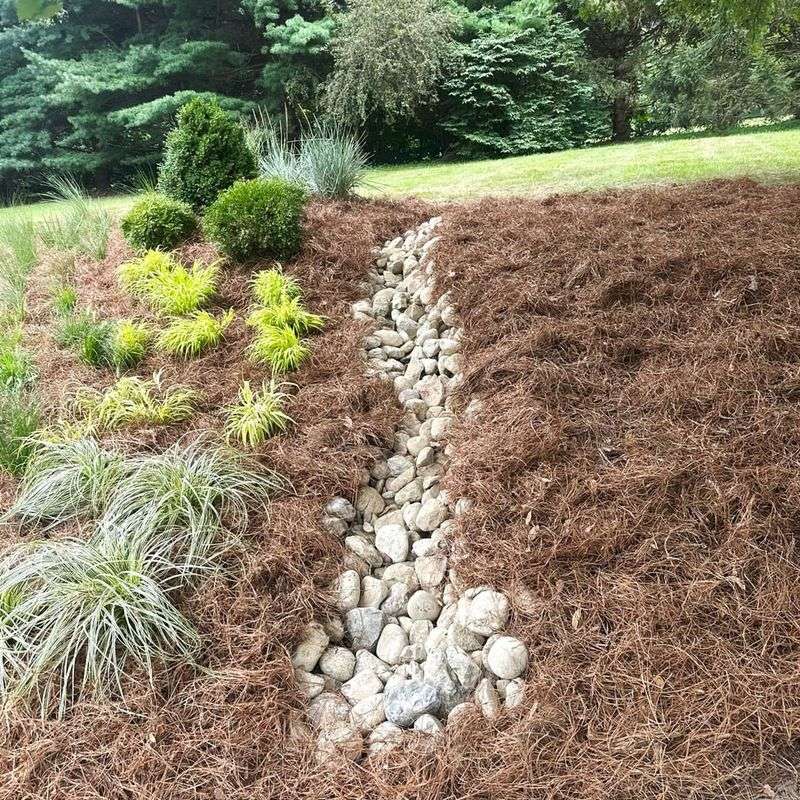
Long pine needles weave together naturally to create a lightweight yet effective weed barrier. Perfect for Tennessee’s sloped landscapes where other mulches might wash away during our heavy spring rains.
The needles’ natural acidity makes them ideal companions for acid-loving plants like azaleas and camellias that thrive in many Tennessee gardens. Unlike heavier mulches, pine straw won’t compact over time, allowing water and air to reach plant roots easily while still blocking the sunlight weeds need to grow.
5. Cocoa Hull Mulch
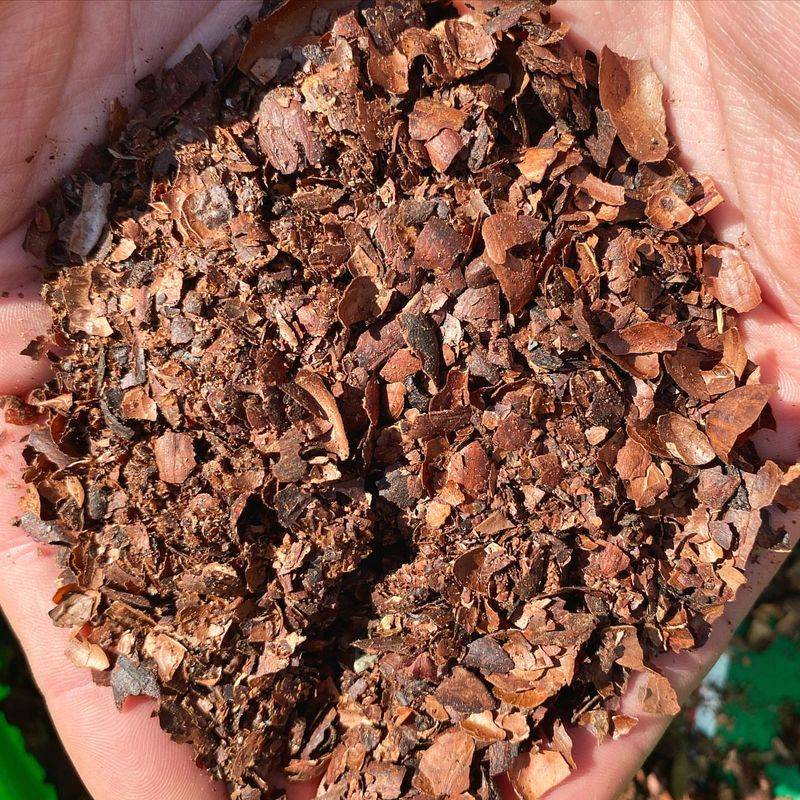
With its rich chocolate aroma and fine texture, cocoa hull mulch brings luxury to Tennessee gardens. The lightweight hulls knit together after watering, forming a mat that’s remarkably effective at suppressing weeds.
The dark brown color warms soil quickly in spring, giving your plants a head start in our sometimes unpredictable Tennessee growing season. Just keep pets away – cocoa hulls contain compounds similar to chocolate that can be harmful to dogs. Also worth noting: this mulch works best in sheltered areas, as strong Tennessee storms can wash it away.
6. Rubber Mulch
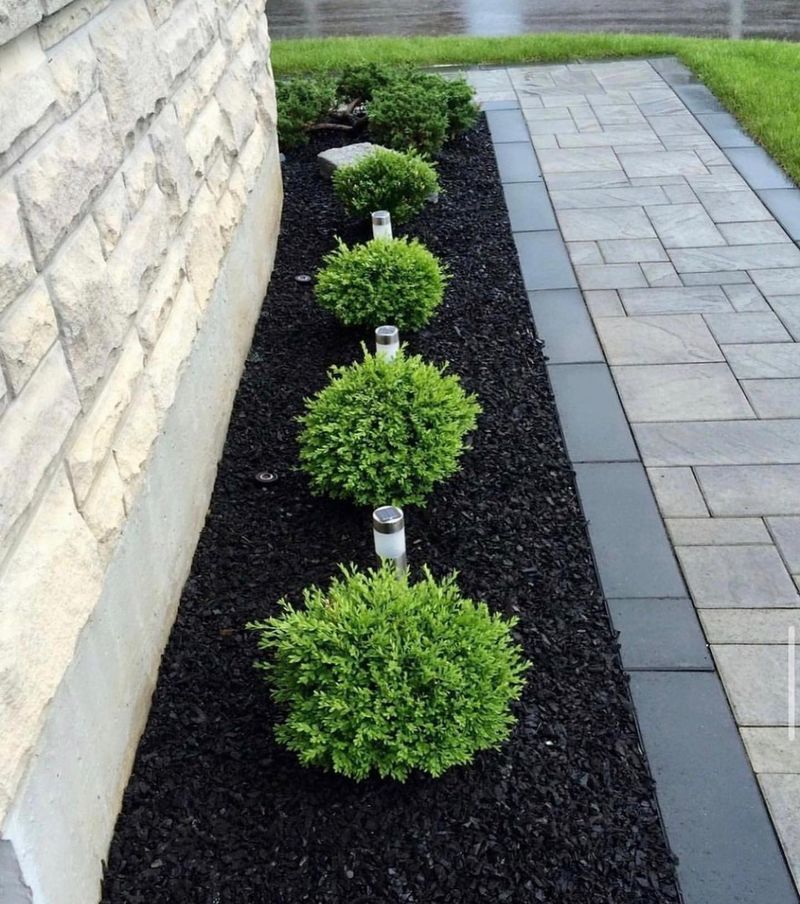
Made from recycled tires, rubber mulch offers unmatched longevity in Tennessee’s challenging climate. Unlike organic options, it won’t decompose, fade, or wash away during our torrential summer thunderstorms.
The heavy rubber pieces stay put even on windy Tennessee ridgetops where lighter mulches might blow away. While initially more expensive than natural alternatives, many Tennessee gardeners find the math works out over time – rubber mulch can last up to 10 years without needing replacement, making it economical for permanent landscape features.
7. Newspaper Or Cardboard Layer
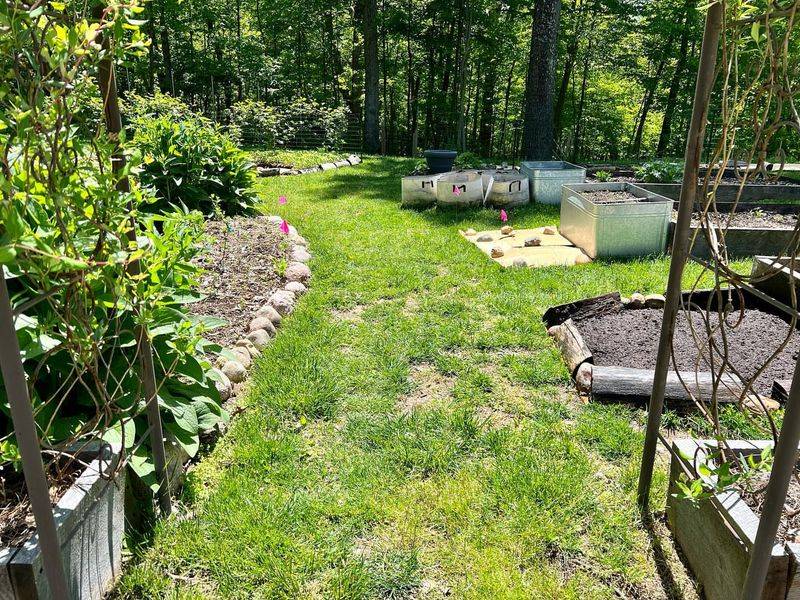
Budget-friendly and surprisingly effective, layered newspaper or cardboard creates an impenetrable barrier against Tennessee’s persistent weeds. Simply lay several sheets thick directly on the soil, wet thoroughly, then cover with a thin layer of organic mulch for appearance.
The paper products decompose slowly, feeding soil microbes while blocking sunlight from reaching weed seeds. This method works exceptionally well in vegetable gardens, where Tennessee’s long growing season often means multiple weed flushes. For extra effectiveness, apply in fall to prevent winter annual weeds that plague early spring gardens.

